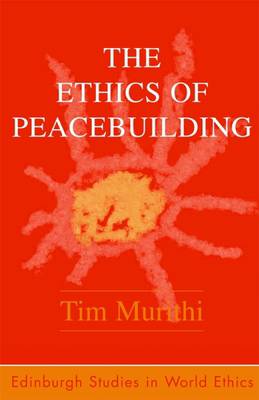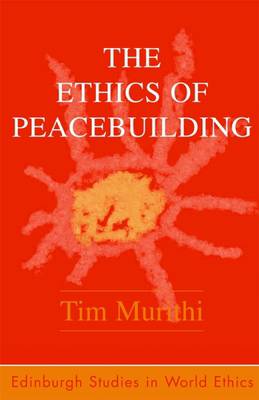
- Afhalen na 1 uur in een winkel met voorraad
- Gratis thuislevering in België vanaf € 30
- Ruim aanbod met 7 miljoen producten
- Afhalen na 1 uur in een winkel met voorraad
- Gratis thuislevering in België vanaf € 30
- Ruim aanbod met 7 miljoen producten
Zoeken
The Ethics of Peacebuilding
Tim (Senior Research Fellow, University of Bradford) Murithi
€ 148,45
+ 296 punten
Omschrijving
Outlines the need for effective and sustainable peacebuilding in order to restore the conditions for co-existence in fractured communities around the world.
Specificaties
Betrokkenen
- Auteur(s):
- Uitgeverij:
Inhoud
- Aantal bladzijden:
- 200
- Reeks:
Eigenschappen
- Productcode (EAN):
- 9780748624478
- Verschijningsdatum:
- 8/12/2008
- Uitvoering:
- Hardcover
- Afmetingen:
- 156 mm x 234 mm
- Gewicht:
- 426 g

Alleen bij Standaard Boekhandel
+ 296 punten op je klantenkaart van Standaard Boekhandel
Beoordelingen
We publiceren alleen reviews die voldoen aan de voorwaarden voor reviews. Bekijk onze voorwaarden voor reviews.







